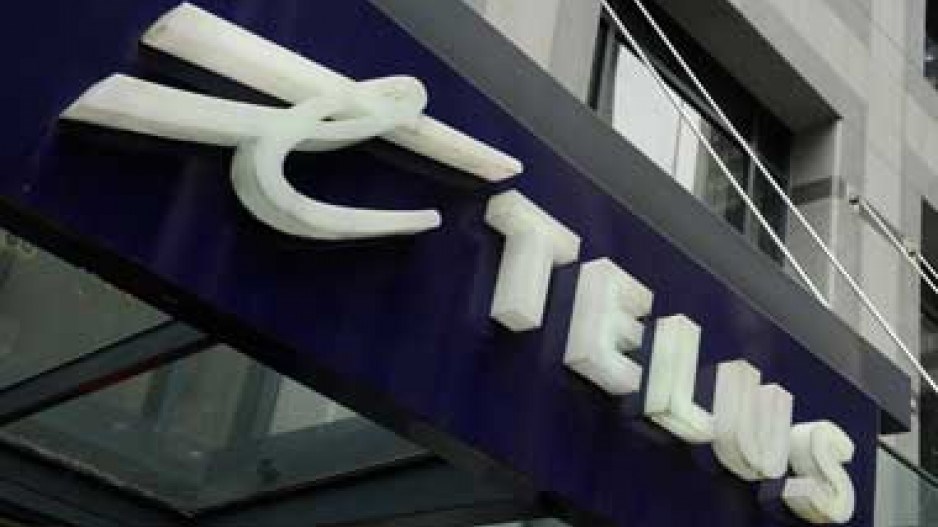The New York hedge fund that forced Telus (TSX:T) to back away from a plan to eliminate its dual class shares is demanding to know just who owns the company and which way shareholders were leaning prior to a planned conversion vote that never happened.
Mason Capital Management LLC is petitioning the BC Supreme Court to force Telus to disclose information on proxy votes submitted in advance of a May 9 shareholders vote to convert non-voting Telus shares to voting shares.
The vote never took place. Mason is a major shareholder, owning roughly 20% of Telus stock, and Telus feared Mason would succeed in its campaign to have Telus shareholders reject the conversion plan, so the vote was cancelled.
Mason now wants to know just how much Telus stock is foreign-owned and which way shareholders were leaning by getting access to unredacted proxy vote information.
Canadian law limits foreign ownership of major telecoms to 33.3%. The reason Telus created two classes of shares was in order to comply with foreign ownership laws.
Verizon, an American telecom, once owned a significant share of BC Tel, so when Telus was created through a merger between BC Tel and Telus in Alberta, the new company created the dual class of shares.
Verizon is no longer a major shareholder so Telus wants to end the dual class of shares. Mason, the major foreign owner of Telus stock, has waged a campaign against the conversion, arguing that it will be a gift to non-voting shareholders, who would likely see the value of their stock go up.
But Telus argues Mason is trying to keep the non-voting shares low so it can profit from short-selling them.
In its application to the court, Mason has stated it wants to know the ratio of foreign ownership in Telus and how proxies were voting, because it wants to know whether it should increase or decrease its position in Telus securities.
Telus has accused Mason of “empty voting” tactics in which the company acquired $1.9 billion worth of votes, but when the short-selling is factored in actually holds only a $25 million stake in the company.
“This is just another tactic by Mason to try to advance their empty voting strategy in the interests of their own short-term profits at the expense of our other shareholders,” said Telus spokesman Shawn Hall. “We will oppose this filing. As this matter is before the courts we cannot comment further.”




